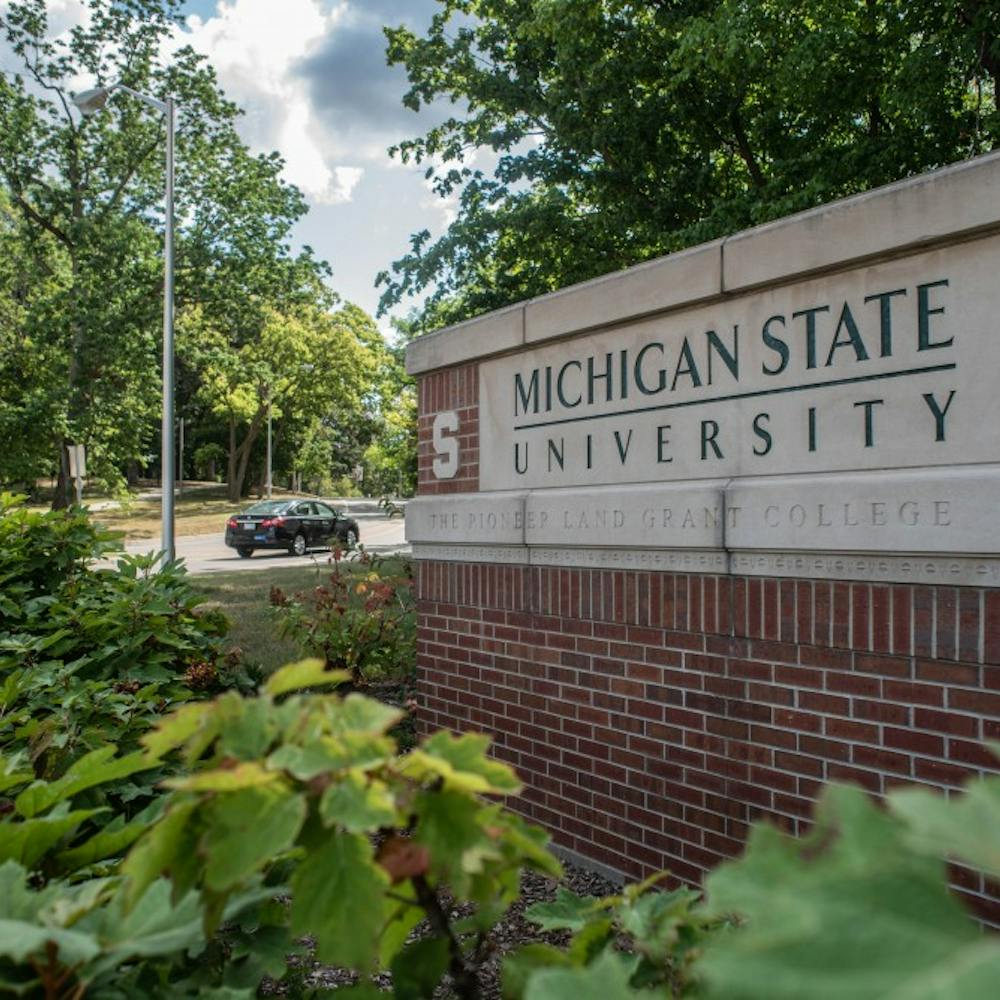For the first time in history, the U.S. has lost its prestigious AAA credit rating. Markets around the world tumbled more rapidly than any time since the 2008 financial crisis.
The only thing worse than the losses on the stock market was the loss in confidence. No one thought they ever would see the world’s only superpower downgraded.
The most embarrassing element of Standard & Poor’s Financial Services LLC’s report was not even that Congress failed by a mile to reach the $4 trillion in deficit reduction the financial community demanded but that the U.S. has the capacity to fix these long-term problems, its politicians just chose not to.
There are few times in our history when American politics have been this hyperpartisan and dysfunctional. The public square has become an ugly spectacle of Kabuki theater, each side declaring its unwavering support for outlandish ideological stands. We elect flamethrowers and suicide bombers who are unwilling to compromise, even when the country is in trouble. The bickering has gotten so bad that neither side can agree on who walked out on whom during the latest debt negotiations.
Democrats and Republicans in Washington, D.C., would like you to believe we live in a parliamentary democracy, where winners take all. But America is not a parliamentary democracy.
We are better than that. America is a presidential democracy.
Our Founding Fathers wanted everyone in society to have the right to argue passionately for their point of view. At the same time, they also were scared of what a majority could do to a minority.
They had read history and knew a caesar could be elected fairly and still destroy the country he or she swore to preserve.
As a result, James Madison and Thomas Jefferson left us with a safe government filled with checks and balances. The most important safeguard was a legislature filled with people of varying political views. The intent of this form of government was for politicians to reach consensus through managed chaos — what they called a “clashing of ideas.” The secret left for us to figure out is that cutting a deal with the other party is the only way our system works.
Some believe that compromise is too hard. They think the American system just is not practical and that it is impossible for people of vastly different viewpoints to agree on anything. On the contrary, I would argue there is everything practical about compromise.
In real life, nobody gets everything he or she wants. Good parents scold their children when they ask for too much and give up too little. Whether in business, law or anything else, compromise is how the world works. For a city that has been so wrapped up in everything except reality for the last few years, a dose of compromise is necessary to give Washington, D.C., a taste of reality.
Furthermore, the only way large problems ever have been solved in our history is through compromise.
Our founders disagreed on many of the most fundamental debates regarding citizens and government. But they agreed to an unfinished constitution to give a young country with a lot of potential the chance to achieve something. President Lyndon B. Johnson passed Medicare with large bipartisan majorities. President Ronald Reagan extended Social Security’s solvency by working with Democratic Speaker of the House Tip O’Neill.
American history is filled with principled compromise between citizens who put country before political party. But it requires the courage to stand up to the people who voted for you and tell them they can’t have everything they want.
Our country is in deep financial trouble. We don’t have a credible game plan to keep America competitive in the 21st century, and the world knows it. Voters sent a divided government to Washington, D.C., in the last two elections. We’re at a point where we badly need leadership and compromise.
If our credit rating downgrade isn’t a red flag to politicians, maybe they should consider this: The world never will forget the headlines of the last two weeks. Countless foreign leaders openly have begun questioning our political system, economy and standing in the world. Although many empirical studies show we have many comparative and competitive advantages, the world is convinced we are in perpetual decline.
If we don’t address our long-term structural problems, we’ll be proving them right.
The choice is ours.
Ameek Singh is a State News guest columnist. Reach him at sodhiame@msu.edu
Support student media!
Please consider donating to The State News and help fund the future of journalism.
Discussion
Share and discuss “Compromise at the heart of US democracy” on social media.






